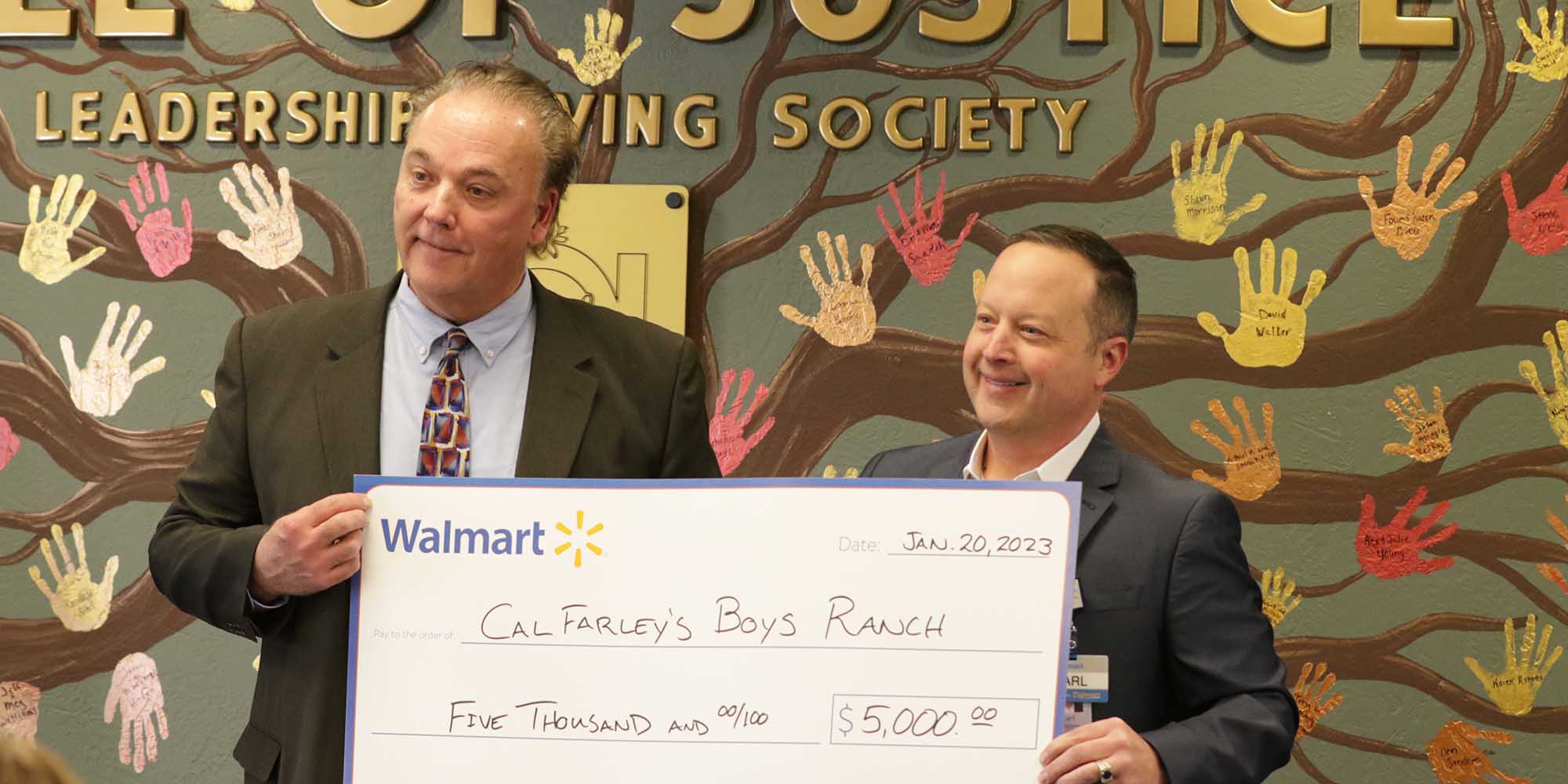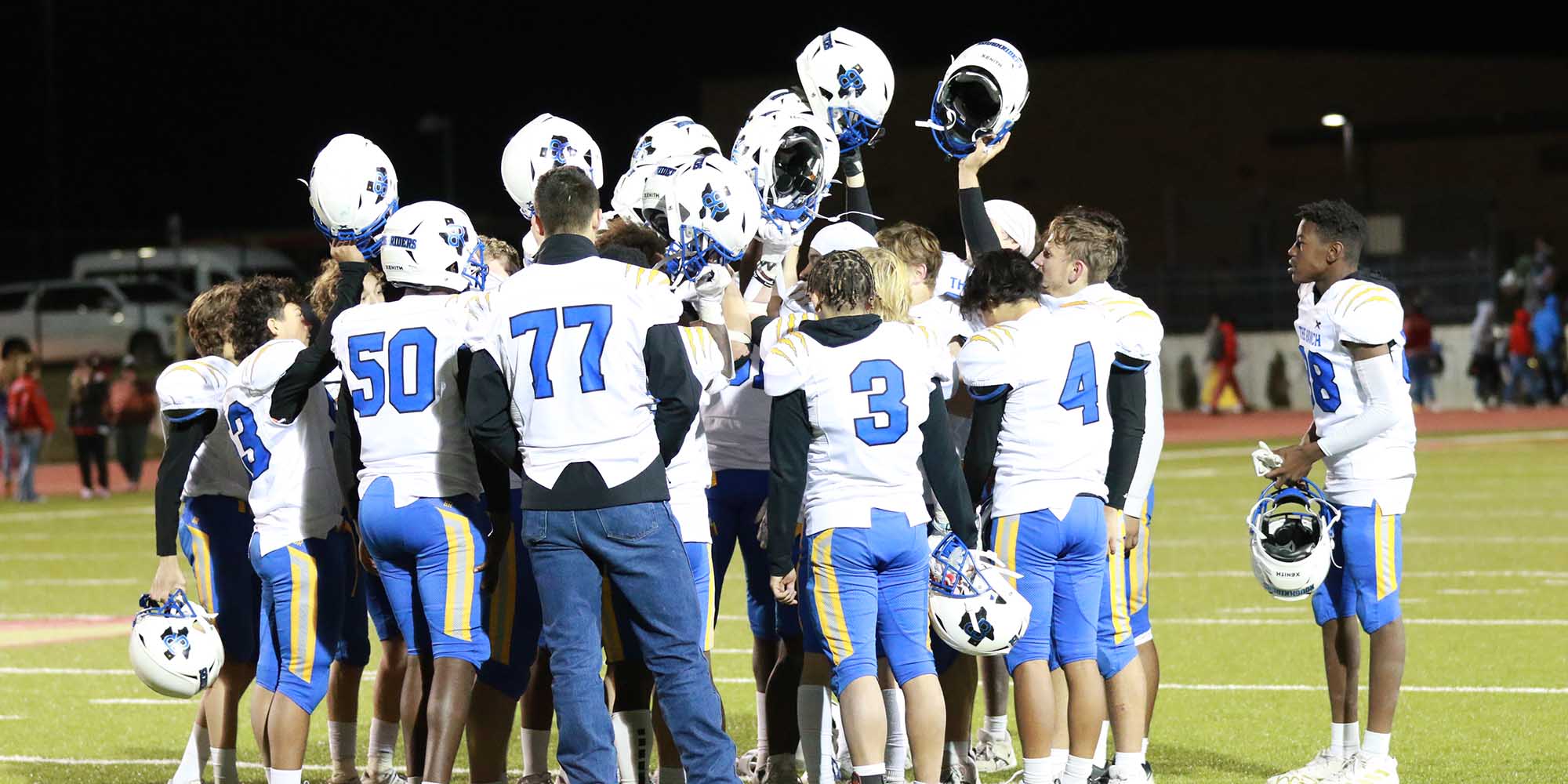
Among the attributes that makes Cal Farley’s Boys Ranch such a unique therapeutic environment is our commitment to removing obstacles, real or imagined, to our children’s success.
In part, that’s an outgrowth of our emphasis on child development and our campus-wide application of the Neurosequential Model. The NM, developed by clinician, researcher and psychiatrist Dr. Bruce Perry, examines a child’s past and current relationships, experiences and behavior to create a colorful map representing an individual’s brain development compared to other children of the same age.
Our unique approach emphasizes a child’s strengths, and how they can grow, by ensuring the child’s needs are met. We also build on previous areas of success, rather than focusing on his or her current challenges.
“One of the beautiful things about the NM is that it doesn’t care about diagnoses,” explained Michelle Maikoetter, Cal Farley’s chief program officer. “Society is real big on putting everything in some type of category — ‘This kid has Reactive Attachment Disorder,’ or ‘This kid is bipolar.’ What we know from the work of Dr. Perry is that every experience and relationship we have is what makes us who we are.”
Maikoetter said Cal Farley’s implementation of Perry’s concepts empowers our experts to approach a child with social or relational difficulties in an uncommon — and highly beneficial — way.
“If someone has decided you have Reactive Attachment Disorder,” Maikoetter said, “what that tells us is that you difficulty with relationships. So, we have to look at what a child has been through, and then what kinds of reparative experiences in relationships does this child need so he doesn’t struggle as much with trust and being cared for — instead of saying, ‘you’re a RAD kid, and there’s nothing anyone can do about it.’”
Using decades of experience in child care, along with the concepts from the NM, Cal Farley’s caring staff creates highly personalized service plans for every child in our care. Through daily interactions and regular, intentional reviews, youth at Boys Ranch learn to recognize what their brains are craving, drives like safety, belonging, achievement, purpose, power or adventure. Equipped with that knowledge, each child is better able to meet his or her needs now and throughout adulthood.
Cal Farley’s unparalleled methodology provides much-needed hope to families who may previously have felt constricted by a category or diagnosis.
“Some of those diagnoses scare them,” Maikoetter said. “It makes people think it’s a life sentence, and they’re never going to be able to change. So, our not paying attention to those things is really powerful.”













